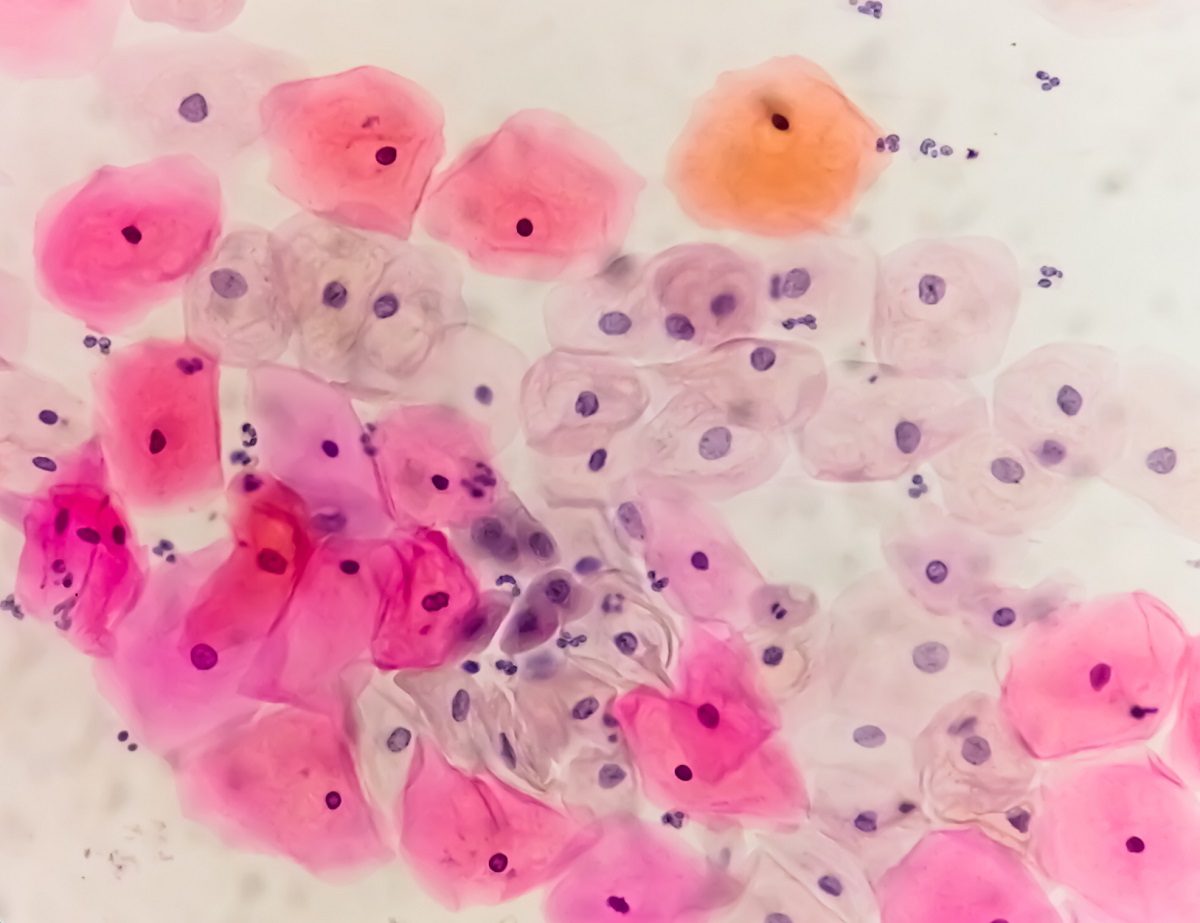KEY TAKEAWAYS
- The study aimed to investigate if USP7 influenced CC progression by interacting with MTDH and regulating its stability through deubiquitination.
- The results showed that USP7 collectively promoted CC cell proliferation, migration, invasion, angiogenesis, and macrophage M2 polarization in vitro.
Metadherin (MTDH) and ubiquitin-specific protease 7 (USP7), a deubiquitinating enzyme, are implicated in cervical cancer (CC) tumorigenesis.
Na Wang and the team aimed to investigate if USP7 influences CC progression by interacting with MTDH and regulating its stability through deubiquitination.
The study utilized qRT-PCR and western blotting to assess gene and protein levels. The functional analysis involved EdU, flow cytometry, transwell, and tube formation assays. Co-immunoprecipitation identified proteins between USP7 and MTDH.
The results revealed that the MTDH exhibited high expression in CC tissues and cells. Silencing MTDH suppressed CC cell proliferation, migration, invasion, angiogenesis, and macrophage M2 polarization. Mechanistically, USP7 was directly bound to MTDH, maintaining its stability by removing ubiquitination. High USP7 expression was observed in CC tissues and cells.
USP7 knockdown inhibited CC cell proliferation, migration, invasion, angiogenesis, and macrophage M2 polarization, with these effects reversed by MTDH overexpression. Additionally, USP7 knockdown hindered CC growth in vivo by regulating MTDH.
The study concluded that USP7 promoted CC cell proliferation, migration, invasion, angiogenesis, and macrophage M2 polarization in vitro. Additionally, it facilitated tumor growth in vivo by regulating MTDH.
This work received no funding.
Source: https://pubmed.ncbi.nlm.nih.gov/38625581/
Wang N, Xu J, Wang Y, et al. (2024). “USP7 promotes cervical cancer progression by stabilizing MTDH expression through deubiquitination.” J Cancer Res Clin Oncol. 2024 Apr 16;150(4):196. doi: 10.1007/s00432-024-05710-9. PMID: 38625581; PMCID: PMC11021233.



